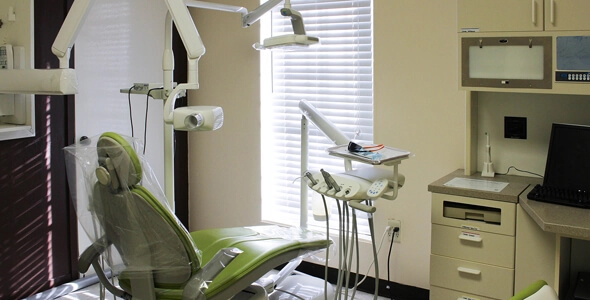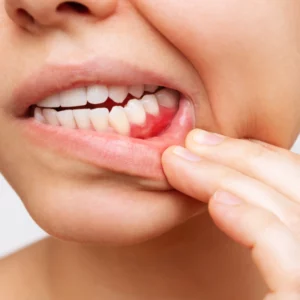Swollen gums are a common issue for many people with braces. The pressure exerted by braces on the teeth can sometimes irritate the gums, leading to inflammation and discomfort. If you’re experiencing swollen gums while wearing braces, there are several steps you can take to alleviate the discomfort and promote gum health.
1. Maintain Excellent Oral Hygiene
One of the most important things you can do to combat swollen gums with braces is to maintain excellent oral hygiene. Make sure to brush your teeth after every meal, using a soft-bristled toothbrush and fluoride toothpaste. Pay close attention to cleaning around the brackets and wires of your braces to remove any food particles or plaque buildup that could contribute to gum inflammation.
2. Use Interdental Brushes or Floss Threaders
Flossing can be challenging with braces, but it’s essential for removing plaque and debris from between the teeth and along the gumline. Consider using interdental brushes or floss threaders to make flossing easier and more effective. These tools allow you to clean between the wires and brackets of your braces, reducing the risk of gum irritation and inflammation.
3. Rinse with Salt Water
Rinsing your mouth with a salt water solution can help soothe swollen gums and reduce inflammation. Simply dissolve a teaspoon of salt in a glass of warm water and swish the solution around your mouth for 30 seconds to a minute before spitting it out. Repeat this process several times a day to help alleviate discomfort and promote healing.
4. Use Orthodontic Wax
Orthodontic wax can provide a protective barrier between the brackets and wires of your braces and the soft tissues of your mouth, including your gums.
If you notice that certain areas of your braces are rubbing against your gums and causing irritation, apply a small amount of orthodontic wax to the offending brackets or wires to reduce friction and alleviate discomfort.
5. Stay Hydrated
Drinking plenty of water is essential for maintaining good oral health and preventing gum inflammation. Make sure to stay hydrated throughout the day by drinking water regularly.
Avoid sugary or acidic beverages, as these can contribute to gum irritation and increase the risk of tooth decay.
6. Visit Your Orthodontist Regularly
Make sure to attend regular check-ups with your orthodontist. They can monitor the health of your gums and make any necessary adjustments to your braces to minimize irritation and discomfort. If you’re experiencing persistent swelling or discomfort, don’t hesitate to reach out to your dentist for advice and assistance.
7. Gentle Gum Massage
Massaging your gums gently with clean fingers can help increase blood circulation and reduce inflammation. Use gentle circular motions to massage the gumline for a few minutes each day. This can help alleviate swelling and promote healing.
8. Over-the-Counter Pain Relief
Over-the-counter pain relief medications, such as ibuprofen or acetaminophen, can help alleviate discomfort associated with swollen gums. Follow the instructions on the packaging and consult with your orthodontist or healthcare provider if you have any concerns about using these medications.
9. Warm Compress
Applying a warm compress to your cheeks can help soothe swollen gums and reduce discomfort. Simply soak a clean washcloth in warm water, wring out any excess moisture, and hold it against the affected area for 5-10 minutes. Repeat as needed throughout the day for relief.
10. Adjust Your Diet
Certain foods can exacerbate gum inflammation, so adjusting your diet may help reduce swelling. Avoid hard, crunchy, or sticky foods that can irritate your gums, such as nuts, chips, and candy. Instead, opt for softer, gentler foods like yogurt, soup, and steamed vegetables to give your gums a break and promote healing.
11. Stress Management
Stress can contribute to gum inflammation, so practicing stress management techniques may help alleviate swelling. Engage in activities that help you relax and unwind, such as yoga, meditation, deep breathing exercises, or spending time outdoors. Prioritizing stress relief can have a positive impact on your overall oral health and well-being.












